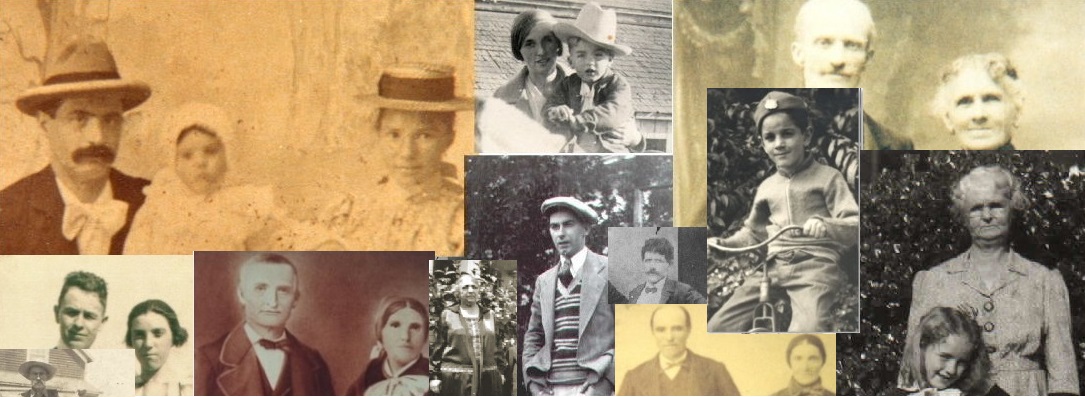The United Nations has declared today, November 10th, as Malala Day. The day is to honor the young girl from Pakistan who is an advocate for educating females. She is currently recovering from a gunshot wound to the head in a facility in England. Her crime? Trying to get an education. “I Am Malala” is the slogan for Malala Day.
Why am I writing about this on a genealogy blog? The reason is that the fight for women’s education is one that we can find in all our family trees. It hasn’t been that long ago in the United States where a woman’s place was in the kitchen and young girls were preparing for life with their husbands, not in the work place. Within the last 100 years, it was not considered necessary for girls to get a full education in our country. They might have had the opportunity to get a basic education in elementary school, but more times that not that was cut short if the family needed them at home or they became of age to be married off.
When I recently researched my ancestors in Southern France, I was surprised to find women signing records and holding jobs as early as 1800. I was told that that Jeanne of Navarre, whose kingdom was in the region where my ancestors were from, made it her goal to educate the peasants so that they could read the Bible. If that is true, my female ancestors were the beneficiaries. It is an amazing thing to see that your female ancestor was literate.
My Azorean ancestors were not so lucky. When my ancestors left in 1882, the peasants were uneducated, whether male of female. You saw both sexes signing with an X in most records.
It makes me think of my Great Aunt, Maria “Nanny” (Pacheco) Correia. She was born on Kauai, Hawaii in 1898. The children of sugar plantation workers automatically got an education as a stipulation of their parents’ contracts. I suspect that education was not how we think of it today. Female children were often needed at home to help their mothers with the other children especially if their mother worked for the plantation. Children, themselves, were a necessary part of labor force. They kept the sugar cane fields rodent free and school stopped during harvest time because every pair of hands was needed to harvest the sugar cane.
Still, Maria learned to read and write. She probably got basic math skills. She most likely learned some history and whatever else was taught to children in those days on the plantation. When she married at 16, she ran the household, raised children, took care of her ailing mother, and owned a comfortable home. She and her husband did okay for themselves even through the Depression.
I think about how different her life would have been had she grown up in the Azores. She most likely would not have gotten any education. Most likely she would have been married at the same age, but she probably would have lived in poverty. She and her husband would have worked for someone else without the chance to own land or a home.
Education is the key to upward mobility. We, in the US, are so lucky because an education is a given. We know that through the public school system all our children will get a general education whether they are male or female, rich or poor. But, it is not the case in many areas of our world. Thus, young girls like Malala must fight for an education under the threat of violence. It shouldn’t be that way.
Some day, hopefully soon, all girls will have the opportunity not only to get a basic education, but to pursue their dreams as doctors, teachers, scientists, and whatever else they might dream. Because, who knows? The next great discovery in the fight against cancer or the invention that brings water to an impoverish village may be rolling around in the mind of a young girl in a remote village in the Middle East or a big city in America. Wherever she is, we want to give her a chance. We want her to get an education!
So, today I am Malala–we all are Malala. May she recover from her wound and go on to do great things. She is already an inspiration to us all.
You can read more about Malala at the United Nations website: http://educationenvoy.org/
Click on image to visit the website:







